MOVIE REVIEW – Annihilation and Ex Machina director Alex Garland tells a highly provocative story with avant-garde and citizen-bashing horror visuals that will blow the minds of many and a great intellectual mystery for those who buy into it.
If the sole purpose of cinema were to elicit a memorable emotional response from the viewer – to feel something, anything, as long as it was strong enough – then Alex Garland’s film Men would be an unqualified success. The writer-directors latest work, from 2014’s Ex Machina and 2018’s Annihilation, is sure to leave viewers with powerful emotions. A provocative, deeply thought-provoking film, full of startling images and aggressive metaphors. It certainly offers a unique and valuable experience in a cinematic field that is mainly focused on well-established, commercial action films, mostly featuring superheroes and familiar stories. While many viewers will undoubtedly be thoroughly put off by this film, which contains a good deal of body horror, those who like intellectual and visual challenges and are not shy of this genre of cinema should accept this ‘challenge’ – because Alex Garland’s film is very much that.
One thing is for sure: this film will be talked about a lot
However, the reactions to the film will probably vary even more than they usually do with similarly provocative art films, as Men is designed to provoke controversy rather than tell any coherent or meaningful story. Viewers will probably argue as much about what they saw on screen as what it all meant. Garland presents them with a kind of lush, often unsettling Rorschach inkblot that is open to so many different interpretations that it would not be surprising if people came away with an Origin-like experience, where each person finds their own message based on their own beliefs and emotional response depending on whether they think Garland is supporting them or just bashing them in this film.
The plot structure is simple in the extreme. Harper (Jessie Buckley), a young woman, retreats to a beautiful, rented estate in the English countryside after living a traumatic experience with her husband, James (Paapa Essiedu). Garland’s script reveals this trauma bit by bit over time, allowing her character to change shape organically in the audience’s mind as each new revelation emerges. But other than the tragic event and Harper’s on-screen reaction, it reveals almost nothing about her. She is more symbol than a specific woman, however nuanced and emotional Buckley’s performance becomes.
Some events draw on horror conventions, while others take us into the realm of David Lynch’s nightmares – as if we were watching Lynch’s even bloodier and more surreal horror scenes. On the estate and also in the nearby village, Harper begins to meet a series of men, from the jovial estate owner Geoffrey to a surly teenage boy, a local policeman, a barman, a creepy vicar and many more. All of them have the same face, provided by Rory Kinnear using digital effects, so he plays all the men. Harper also has a harrowing encounter with a naked man in a nearby forest, also played by Kinnear. As the events escalate, they become increasingly gruesome and alarming, rising to a surreal level that completely surpasses even the most frightening, adrenaline-filled scenes in Annihilation.
“All men are the same”
The most straightforward, superficial, disingenuous reading of all this would be that Garland claims that all men are the same and that he is universally destructive, predatory and hostile to women. Long before the film’s release, some angry internet critics were already indignantly interpreting the movie in this way, based purely on the trailers. The film itself (if they even bothered to watch it) is unlikely to change their minds. As the film veers further and further away from the realm of family drama and into fantasy, Garland’s symbolism is opaque enough that even the most ardent of those angry critics will find nothing to change their minds on their first reading.
For example, he builds a significant recurring motif around two ancient, highly gendered images: the Green Man, usually seen as a male face with leaves, and the sheela na gig, a carving of a naked woman whose gaping her hands often expose her pubic body. Both are ancient images widely associated with fertility and male and female power, and Garland uses them here to suggest an innate and ancient separation and conflict between the sexes. Still, what they have to do with the narrative is, of course, up to the viewer’s individual interpretation – as is the case with all genuinely high-quality art films.
Adam, Eve and the forbidden fruit
Likewise, the estate has an apple tree, which Harper eats from without permission in his first act after arriving. This image is reminiscent of the biblical story of Adam and Eve, with the forbidden fruit representing choice, the knowledge of right and wrong, and the loss of innocence. The various other acts around the tree suggest that the director refers to the gradual loss of Harper’s or his visitors’ remaining innocence. But it is never made clear whether it was her experience with her husband that somehow triggered all this action or just his presence that activated some ancient force or spirit in the forest. Likewise, it is unclear how accurate these experiences are or how real they want to be. Notably, Harper does not comment on the fact that all men have the same face. It is not even clear whether what he sees is what we see.
Leaving aside the meaning and purpose of the film, Men is an absolute (nightmare) dream that not only makes us think but also plays with our perception. Garland and cinematographer Rob Hardy (who also worked on Ex Machina and Annihilation) has given the film a breathtakingly intense visual sharpness, vivid colours and stunning imagery. The simple shots of a moss-covered tree or the rippling of raindrops in a puddle are almost overwhelmingly beautiful. The music, composed by Ben Salisbury and Portishead musician Geoff Barrow – who has worked on Garland’s previous two films – combines ambient noise and music with Buckley’s singing voice, sometimes to hauntingly beautiful effect, as when he explores the echoes of a tunnel in harmony with his own voice. Later, the scream of pent-up emotional pain slips into the soundtrack to the point where it could be that Harper is thinking about it rather than actually singing.
An absolute dread, spiced with body-horror
Garland does an excellent job of building a sense of profound dread into the film. Men is almost a unique horror film in the way Harper reacts to the dangers that threaten her. But even when he diverges from the usual image of the wailing victim, the film still retains its sense of creepiness and horror. Even seasoned body horror fans may be shocked by where the film is heading in terms of gory physicality. Nobody will come away from this film claiming that Garland is not bold enough, not experimental enough, or not confident enough in her own immoderate imagery.
The same sense of dread pervaded Annihilation, which Garland also infused with unsettling physical mutations and heavy, intoxicating symbolism. But do they have as much in common in the sci-fi story Ex Machina, which is largely about two arrogant, “crown of creation” men who decide whether a female figure is capable of thought and emotion? In that story, the balance of sympathy between the male and female characters shifts with each new revelation and is weighted by the knowledge that the female character is inhuman, an artificial intelligence who may be manipulating her captors as much as they are manipulating her.
In Men, Garland makes the dynamics much more superficial. Buckley plays Harper with great inner strength and confidence, but he’s still up against something unchallenging and terrible. There is much less of an empathic balance between the parties here – the script makes Harper much more human than his opponents without counterbalancing this with his shadiness or flaws. Of all the minor imperfections in Men, this is perhaps the biggest: that Harper is such an undeveloped character that her past is entirely defined by her marriage and her present by other men, to the extent that we barely get to know her during the story.
Similarities to other classics
Men is somewhat similar to other recent horror films, especially those based on small, telling acts of aggression representing more significant societal conflicts. Structurally, Men is most reminiscent of Jordan Peele’s Get Out: just as the black protagonist of this film, Chris, clings to his telephone contact with his black friend Rod (Lil Rel Howery) as a lifeline when he is out of his element in the white rural enclave, so Harper only gets support over the phone from his girlfriend Riley (Gayle Rankin), the only other significant woman in the film. (The other remarkable similarities cannot be discussed without spoilers.) And the lush setting, the gender tension, the focus on grief and its modes of expression, the rage simmering beneath the surface and the primal screams that ensue all recall Ari Aster’s Midsommar, another art horror steeped in dread and a sense of inevitability.
More questions than answers
But the message of Men is much harder to interpret than either of these two films. The final scenes, in particular, will raise rather than answer many questions and will be the subject of a wide range of essays on art film, psychology and feminism, which will attempt to analyse the director’s ‘hidden message’ in detail, with varying degrees of success. “This film relies very heavily on the idea that a story is divided 50-50 between the tellers and the receivers of the story,” Garland states in the film’s press kit. “More than any film I’ve ever worked on, this film is almost waiting for the audience to join the conversation. ”
Audiences are likely to come away from Men with strong (and highly polarised) opinions and emotions, but whether these are positive will depend primarily on whether they are open to a thoughtful and classically artistic horror film whose message they have to decide for themselves.
-BadSector-
Men
Direction - 8.2
Actors - 8.2
Story - 8.5
Visuals/Music/Sounds - 9.2
Hangulat - 8.8
8.6
EXCELLENT
Audiences are likely to come away from Men with strong (and highly polarised) opinions and emotions, but whether these are positive will depend primarily on whether they are open to a thoughtful and classically artistic horror film whose message they have to decide for themselves.

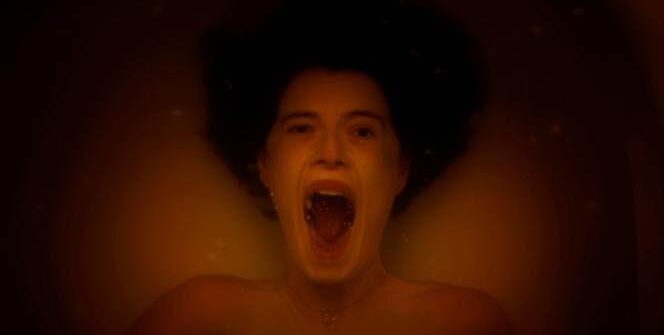
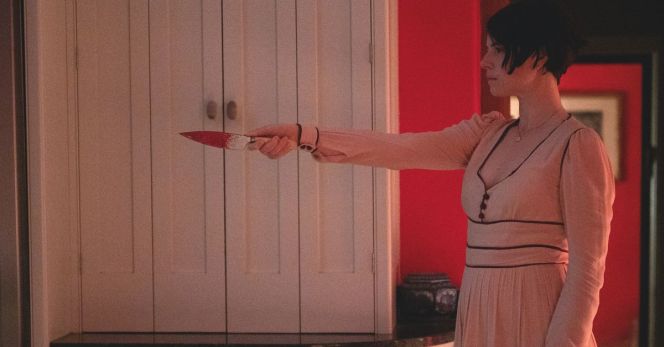
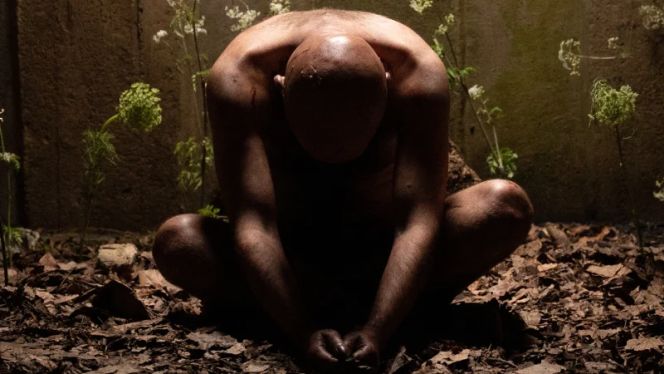
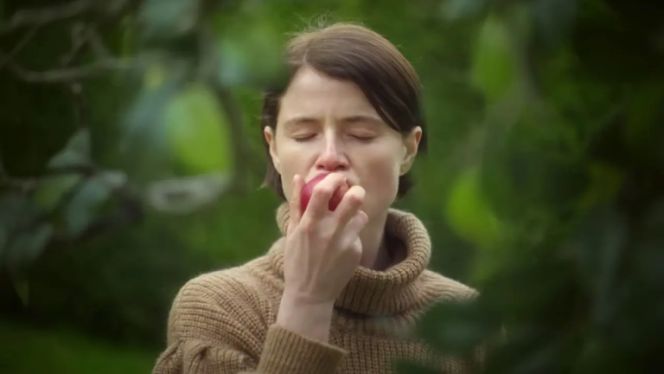
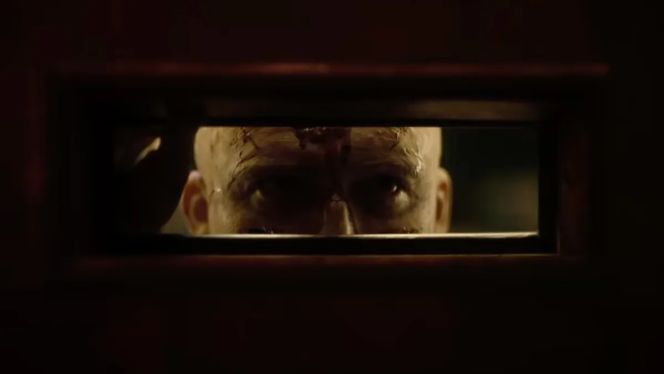
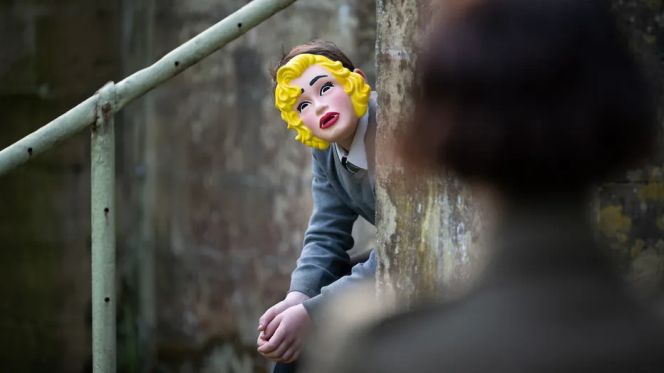

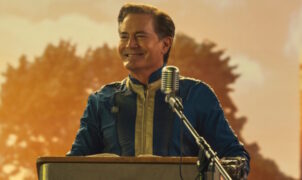


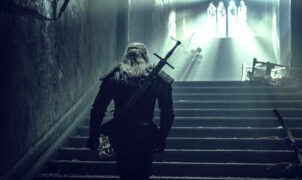
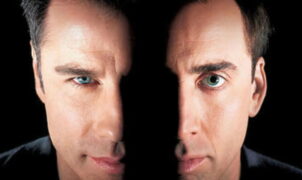


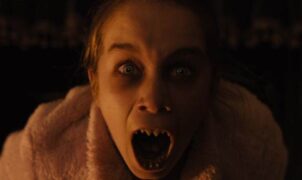




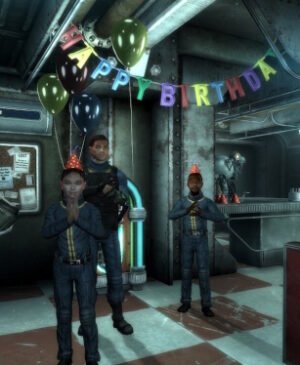
Leave a Reply